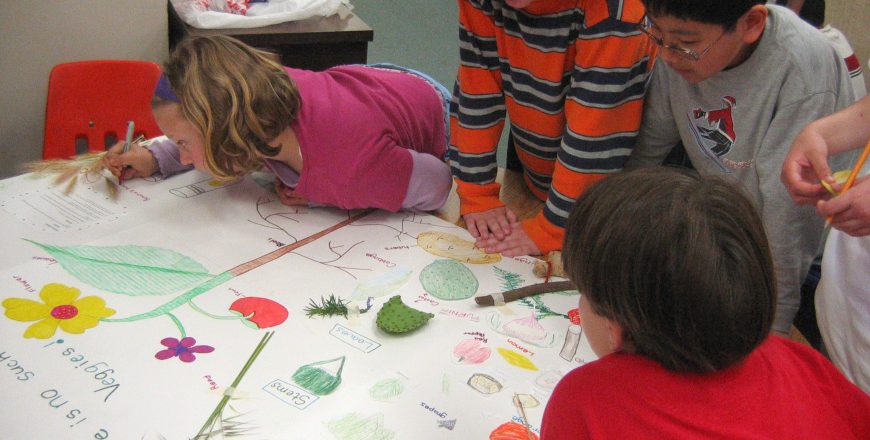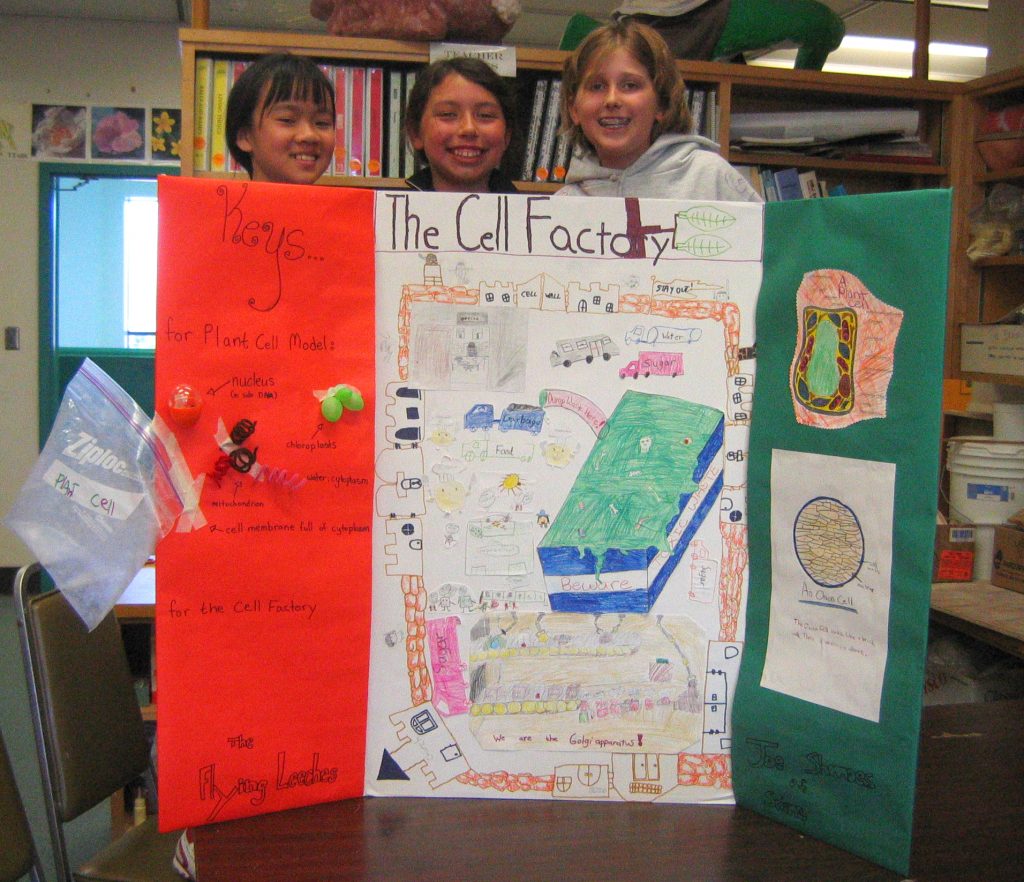How to Use This Book
Supermarket Science Materials are organized into thematically linked sets with experiments and activities as well as background information that makes them easier to do. There are also a bunch of simple, fun art and writing projects. All of the activities can be done alone or in conjunction with other project sets. Choose activities that are developmentally appropriate to your children.
All Supermarket Science Materials are primarily geared toward students in elementary and secondary schools, as well as their parents and teachers, but can be expanded to higher grades. The activities are designed to advance the understanding of concepts of biology, ecology, geology, and sociology based on local resources like a backyard or a local grocery store. All of the materials in this set and others link the Core Curriculum Standards. Use them to focus the activities to a particular grade level.
There are also LEARN, SHOW, USE, DO, and TEACH pages. LEARN pages are designed to be given to the students. They contain explanations, stories, or diagrams. SHOW pages usually present interesting photographs or illustrations that demonstrate specific concepts. USE pages are created as supplemental materials for the activities and experiments. Plant Cards are examples of USE pages. And finally, the DO pages contain the actual activities and experiments. Please use the back of these pages as scrap and add additional pages as needed.
Most DO pages have a What You Need list of items in the margin under the title of the activity. This is a quick reminder for what children should have while doing the activity. It might look something like a list on the right: Paper Clip, Pencil, Scissors, Balloons, etc. Some of the activities in this set use cards. Creating taxonomies is part of the scientific process. The card games and activities allow kids an opportunity to practice this skill.
There are many activities which can be done using information about plants and food. This set shows some possibilities. We encourage you to come up with others. Think of these activities as inspirational examples, jumping off points.
At the end of this class, ask your students: Is there such a thing as a vegetable? Is a “vegetable” a botanical term or just a convenient word to refer to savory plants?


